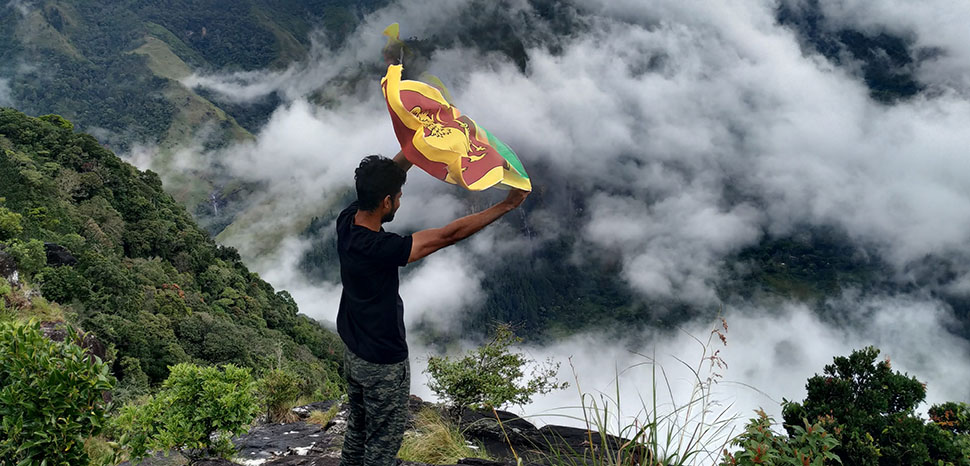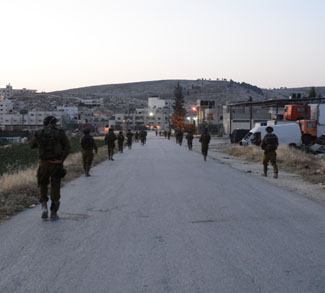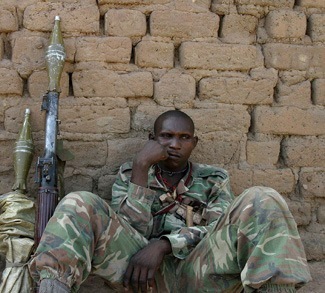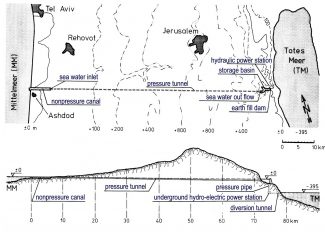When the government of Gotabaya Rajapaksa collapsed under popular pressure on July 9, the hundreds of thousands of Sri Lankans who protested against his corruption, incompetence, and authoritarian tactics could be forgiven for thinking they had won. After months of nationwide protests, President Rajapaksa fled, first from his house and later from the island.
Months on, little has changed. Sri Lanka remains in economic turmoil, and ordinary citizens are still being met with brutal suppression. Will the IMF bailout help? Perhaps for a short term. However, until Sri Lanka addresses its deep-rooted authoritarian structures, no lasting change will come.
Since the country gained independence from Britain in 1948, the island’s elite have created the conditions for today’s economic and political collapse by concentrating power in their own hands, whilst appealing to the nationalism of Sinhala-Buddhists – the country’s largest demographic – as justification. The country’s powerful executive presidency, established in 1978 by President J. R. Jayewardene, was portrayed as a shield to protect ‘Buddhist’ Sri Lanka from Tamil separatism.
The Rajapaksas, whose ancestors served as regional headmen during British rule, are among those elites. Gotabaya’s elder brother Mahinda was elected president in 2005, and since then, the family has dominated Sri Lankan politics. Following his own election to the executive presidency in 2019, Gotabaya used his vast powers under the constitution to reward his friends while punishing his enemies – including the Tamil Tigers, who were crushed in 2009 during a brutal campaign where tens of thousands of Tamil civilians were slaughtered by government forces.
For the Rajapaksas, ethnic division presented opportunity. They campaigned as champions of the Sinhala Buddhists, latching on to a passionate nationalist mythology. Since 2009, their allies have also used violent anti-Muslim rhetoric to sustain their popularity. At his swearing in ceremony in 2019, Gotabaya Rajapaksa offered a standard authoritarian appeal to the rural heartland values of the Buddhist Sinhalese, warning that “others” would “have to be assimilated.” Under Gotabaya, the military continued to receive vast budgets and occupy large swathes of the North and East, 12 years after the civil war ended. Tamil and Muslim communities feel stifled, unable to compete with military-run farms and businesses. There was no political resolution of the ethnic conflict, only a military one.
The ruling dynasty incurred large loans, which helped Sri Lanka’s GDP grow quickly, and allowed then-president Mahinda Rajapaksa to bankroll vanity projects like Colombo’s Lotus Tower and the overdevelopment of his small hometown, Hambantota, which now boasts a cricket stadium too large for the entire population, and an international airport – both financial black holes.
This waste and perceived corruption eventually cost the Rajapaksas power in 2015. However, following the devastating Easter Sunday bombings of 2019, they returned, with Gotabaya – nicknamed ‘the Terminator’ – winning the presidency on a national security ticket.
Whilst the new Rajapaksa administration employed many of the same repressive, majoritarian measures as before, it was their fiscal policy that led to Sri Lanka’s ruin. Gotabaya maintained high military spending whilst slashing taxes. His poorly-conceived ban on chemical fertilizers devastated agriculture, forcing the country to import rice. Confronted by the pandemic and the subsequent loss of tourism, the war in Ukraine, and the resulting surge in energy costs, the government printed money and remained in denial until Sri Lanka’s total economic collapse. The rupee lost half its value. Basic staples disappeared from stores. Fuel and medicine became too expensive to import. A desperate population took to the streets.
The ensuing protests, which were met with police gunfire, culminated in chaotic scenes on June 9, with civilians storming the president’s residence. Gotabaya fled the country, first to Singapore, and then to Thailand.
Though the Rajapaksas are gone, their legacy persists. Sri Lanka’s new president, Ranil Wickremesinghe, was appointed by parliament with no popular mandate, and has already served as prime minister on six occasions. Wickremesinghe also immediately drafted ‘emergency regulations’ more draconian than those of his predecessor. His security forces have violently cleared away demonstrators and arrested dozens of protestors. There is even talk that Gotabaya will be allowed to return to the country.
The problem in Sri Lanka is not simply who occupies the office of the presidency; it is the powerful executive presidency itself, which enables secrecy, corruption, and financial mismanagement, and almost guarantees authoritarian governance.
In the short term, Sri Lankans should demand an end to the crackdown on peaceful protestors, which is crushing civil rights in the name of fighting ‘terrorism.’ In the long term, the country must rebalance its political structure by introducing democratic safeguards against abuse, corruption, and human rights violations. That means strengthening local government, the legal system, freedom of the press, and civil society, whilst putting limits on the executive. The country’s ethnic fissures must also be addressed through demilitarization of the North and East, accountability for human rights abuses during the war, the repeal of draconian ‘anti-terror’ legislation, and a political solution to the ethnic conflict.
Sri Lanka’s debt and foreign exchange crisis can be mitigated through fiscal reform and international support, but this will not resolve the fundamental problem. The island is seeking its seventeenth IMF bailout. Without dismantling corruption and mismanagement, and without building real human rights, the crisis in Sri Lanka is doomed to be repeated.
Ben Kumar Morris is the Campaign Director for the Sri Lanka Campaign for Peace and Justice.
The views expressed in this article belong to the authors alone and do not necessarily reflect those of Geopoliticalmonitor.com




